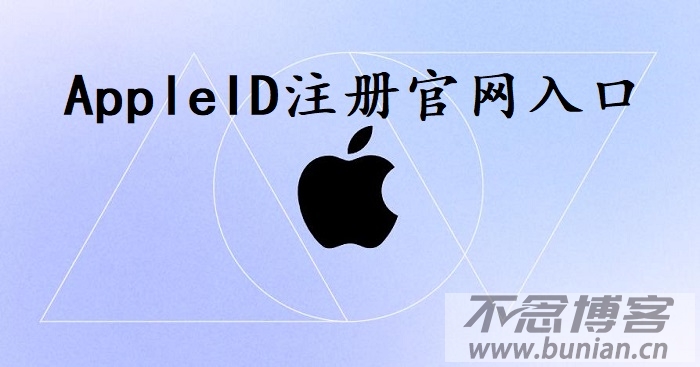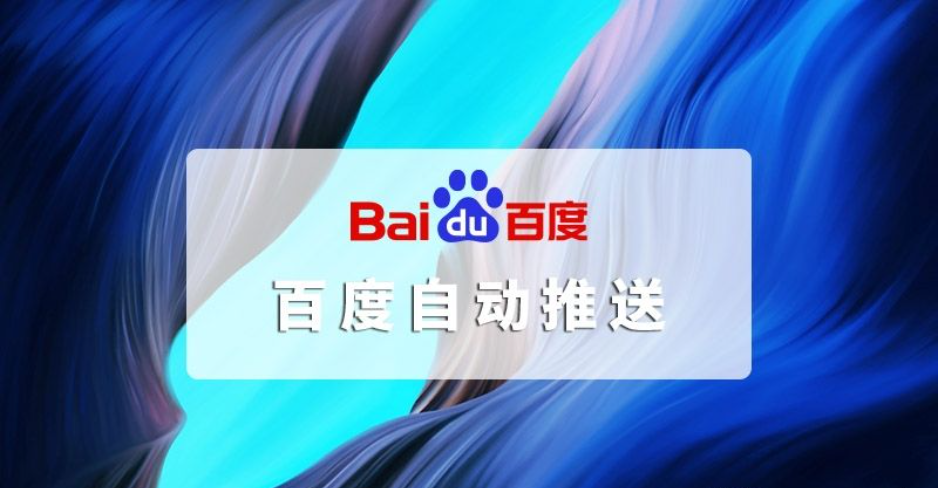1、什么是会话跟踪技术
会话
用户打开浏览器,访问web服务器的资源,会话建立,直到有一方断开连接,会话结束。
在一次会话中可以包含多次请求和响应
![会话跟踪技术(cookie&&session) 图片[1]-会话跟踪技术(cookie&&session)-不念博客](https://www.bunian.cn/wp-content/uploads/2024/01/640-30.png)
会话使用场景
比如在我们访问京东的时候,当打开浏览器进入京东首页后,浏览器和京东的服务器之间就建立了一次会话,后面的搜索商品,查看商品的详情,加入购物车等都是在这一次会话中完成。
![会话跟踪技术(cookie&&session) 图片[2]-会话跟踪技术(cookie&&session)-不念博客](https://www.bunian.cn/wp-content/uploads/2024/01/640-1-4.png)
会话跟踪技术
一种维护浏览器状态的方法,服务器需要识别多次请求是否来自于同一浏览器,以便在同一次会话的多次请求间共享数据,HTTP协议是无状态的,每次同一浏览器向服务器请求时,服务器都会将该请求视为新的请求,因此我们需要会话跟踪技术来实现同一会话内数据共享
实现方式:
- 客户端会话跟踪技术:Cookie
- 服务端会话跟踪技术:Session
2、Cookie
Cookie:客户端会话跟踪技术,将数据保存到客户端,以后每次请求都携带Cookie数据进行访问
2.1、Cookie基本使用
![会话跟踪技术(cookie&&session) 图片[3]-会话跟踪技术(cookie&&session)-不念博客](https://www.bunian.cn/wp-content/uploads/2024/01/640-2-3.png)
发送Cookie
- 创建Cookie对象,设置数据
Cookie cookie = new Cookie("key","value");- 发送Cookie到客户端:使用response对象
response.addCookie(cookie);获取Cookie
- 获取客户端携带的所有Cookie,使用request对象
Cookie[] cookies = request.getCookies();- 遍历数组,获取每一个Cookie对象:for
- 使用Cookie对象方法获取数据
cookie.getName();
cookie.getValue();代码实现
Aservlet: 发送请求携带cookie数据
@WebServlet(value = "/a")
public class Aservlet extends HttpServlet {
@Override
protected void doGet(HttpServletRequest request, HttpServletResponse response) throws ServletException, IOException {
// 1、创建cookie对象
Cookie cookie = new Cookie("cookiename", "xiao");
// 2、使用响应对象response 将cookie数据发送给浏览器
response.addCookie(cookie);
}
@Override
protected void doPost(HttpServletRequest request, HttpServletResponse response) throws ServletException, IOException {
request.setCharacterEncoding("UTF-8");
}
}Bservlet:在服务器端获取cookie
@WebServlet(value = "/b")
public class Bservlet extends HttpServlet {
@Override
protected void doGet(HttpServletRequest request, HttpServletResponse response) throws ServletException, IOException {
// 1、获取cookie数据,使用request对象
Cookie[] cookies = request.getCookies();
if (cookies != null){
// 2、遍历cookie数组
for (Cookie cookie : cookies) {
String name = cookie.getName();
String value = cookie.getValue();
System.out.println(name+"::"+value);
}
}else {
System.out.println("cookie 不存在");
}
}
@Override
protected void doPost(HttpServletRequest request, HttpServletResponse response) throws ServletException, IOException {
request.setCharacterEncoding("UTF-8");
}
}2.2、Cookie原理
Cookie的实现是基于HTTP协议的
- 响应头:set-cookie
- 请求头:cookie
![会话跟踪技术(cookie&&session) 图片[4]-会话跟踪技术(cookie&&session)-不念博客](https://www.bunian.cn/wp-content/uploads/2024/01/640-3-5.png)
在浏览器 查看Cookie
![会话跟踪技术(cookie&&session) 图片[5]-会话跟踪技术(cookie&&session)-不念博客](https://www.bunian.cn/wp-content/uploads/2024/01/640-4-3.png)
2.3、Cookie使用细节
Cookie 存活时间
- 默认情况下,Cookie 存储在浏览器内存中,当浏览器关闭,内存释放,则Cookie被销毁
- setMaxAge(int seconds):设置Cookie存活时间,但是是秒
- 正数:将 Cookie写入浏览器所在电脑的硬盘,持久化存储。到时间自动删除
- 负数:默认值,Cookie在当前浏览器内存中,当浏览器关闭,则 Cookie被销毁
- 零:立即过期
Cookie cookie = new Cookie("cookiename", "xiao");
cookie.setMaxAge(60*60); //1小时Cookie 存储问题
- 如需要存储空格,则需要进行转码:URL编码
- Tomcat7 Cookie 不能直接存储中文,Tomcat8 Cookie可以存储中文,但不能存储空格
3、Session
服务端会话跟踪技术:将数据保存到服务端
3.1、Session基本使用
- JavaEE 提供 HttpSession接口,来实现一次会话的多次请求间数据共享功能
- 使用:
HttpSession session = request.getSession();void setAttribute(String name, Object o:存储数据到 session 域中Object getAttribute(String name):根据 key,获取值void removeAttribute(String name):根据 key,删除该键值对- Session对象功能:
- 获取Session对象
- 代码实现Cservlet保存数据
@WebServlet(value = "/c")
public class Cservlet extends HttpServlet {
@Override
protected void doGet(HttpServletRequest request, HttpServletResponse response) throws ServletException, IOException {
// 1、获取session对象
HttpSession session = request.getSession();
// 2、保存数据到session
session.setAttribute("sessionName","li");
}
@Override
protected void doPost(HttpServletRequest request, HttpServletResponse response) throws ServletException, IOException {
request.setCharacterEncoding("UTF-8");
}
}
Dservlet获取数据
@WebServlet(value = "/d")
public class Dservlet extends HttpServlet {
@Override
protected void doGet(HttpServletRequest request, HttpServletResponse response) throws ServletException, IOException {
// 1、获取session对象
HttpSession session = request.getSession();
// 2、使用session获取数据
Object name = session.getAttribute("sessionName");
System.out.println(name);
}
@Override
protected void doPost(HttpServletRequest request, HttpServletResponse response) throws ServletException, IOException {
request.setCharacterEncoding("UTF-8");
}
}3.2、Session原理
Session是基于Cookie实现的
![会话跟踪技术(cookie&&session) 图片[6]-会话跟踪技术(cookie&&session)-不念博客](https://www.bunian.cn/wp-content/uploads/2024/01/640-5-5.png)
3.3、Session使用细节
- Session 钝化、活化:
- 钝化:在服务器正常关闭后, Tomcat自动将 Session数据写入硬盘的文件中
- 活化:再次启动服务器后,从文件中加载数据到Session中
- 服务器重启后,Session中的数据是否还在?
在IDEA中配置钝化
![会话跟踪技术(cookie&&session) 图片[7]-会话跟踪技术(cookie&&session)-不念博客](https://www.bunian.cn/wp-content/uploads/2024/01/640-6-5.png)
- Seesion 销毁:
- 默认情况下,无操作,30分钟自动销毁可以通过web.xml进行配置,单位为分钟
<?xml version="1.0" encoding="UTF-8"?>
<web-app xmlns="http://xmlns.jcp.org/xml/ns/javaee"
xmlns:xsi="http://www.w3.org/2001/XMLSchema-instance"
xsi:schemaLocation="http://xmlns.jcp.org/xml/ns/javaee http://xmlns.jcp.org/xml/ns/javaee/web-app_4_0.xsd"
version="4.0">
<session-config>
<session-timeout>1</session-timeout>
</session-config>
</web-app>- 调用 Session对象的 invalidate()方法
4、Cookie和Session的对比
- 相同点:
- Cookie 和 Session 都是来完成一次会话内多次请求间数据共享的
- 区别
- 键值对数量:Cookie 存一个键和一个值,Session 存n个键和值
- 存储位置:Cookie 是将数据存储在客户端,Session 将数据存储在服务端
- 安全性:Cookie 不安全,Session 安全
- 数据大小:Cookie 最大4KB,Session 无大小限制
- 存储时间:Cookie默认浏览器关闭,Session 默认30分钟
- 服务器性能:Cookie 不占服务器资源,Session 占用服务器资源
© 版权声明
本站文章由不念博客原创,未经允许严禁转载!
THE END









